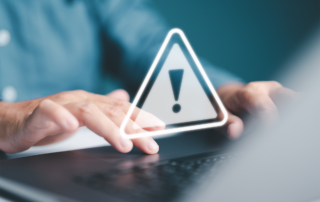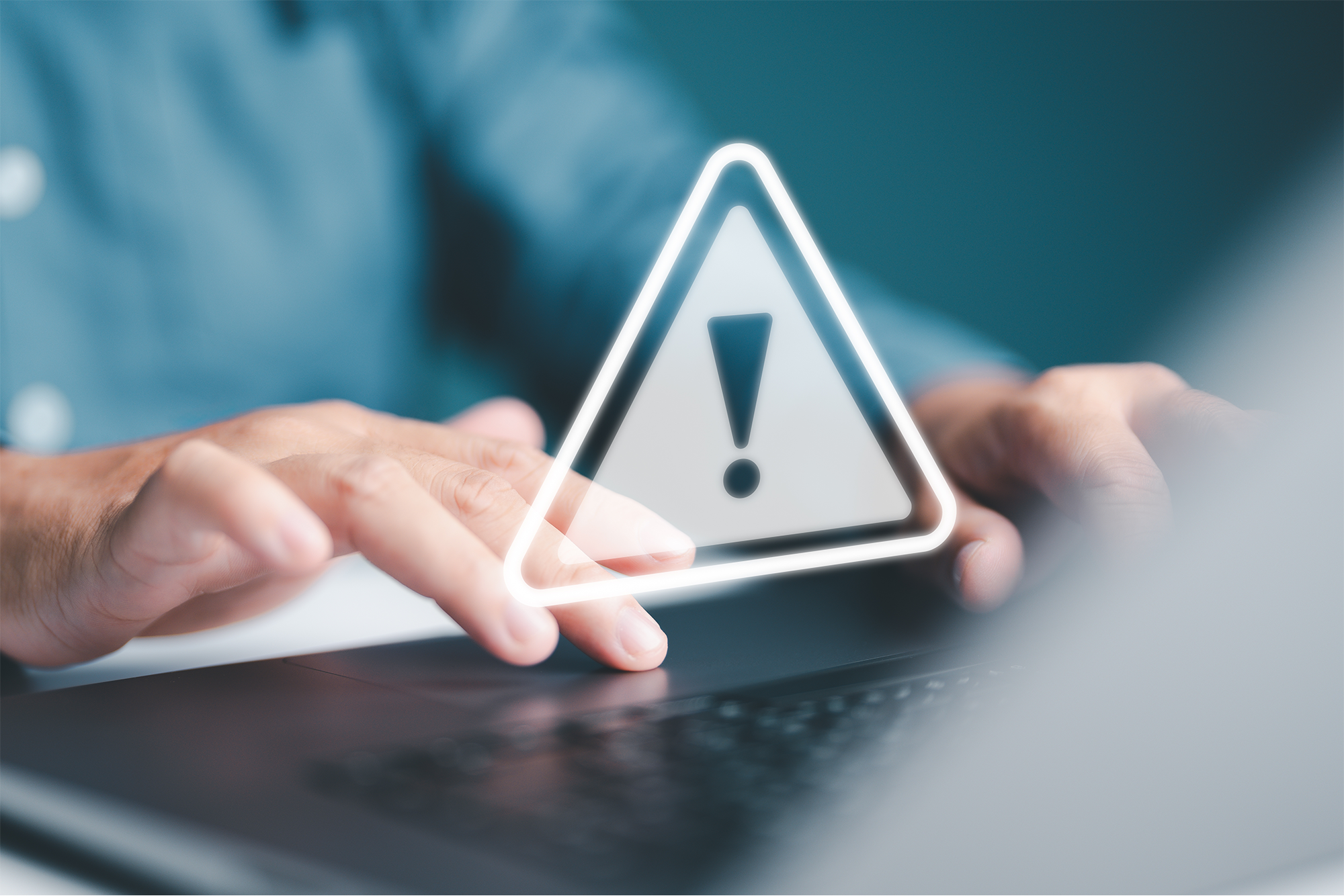In today’s world, where almost everything is online, password security has become more critical than ever before. With cyber attacks and identity theft becoming increasingly common, having strong passwords is the first line of defense against unauthorized access to your online accounts.
Why Strong Passwords Are Important
Most websites and services encrypt passwords before storing them on their servers. As a result, even if hackers were to gain access to the password, they wouldn’t have access to the actual text that makes up your password.
Password strength is the main difference between an easy-to-hack password and a secure one.
According to Home Security Heroes, “A 10-letter password with only lowercase letters would take an hour to hack, while a 10-letter mixed case password would take four weeks. On the other hand, a 10-character strong password using letters, symbols and numbers would take five years to decipher.”
Home Security Heroes’ study also indicated that passwords greater than 18 characters are generally safe against AI password crackers, as it takes PassGAN at least 10 months to crack number-only passwords and 6 quintillion years to crack passwords that contain symbols, numbers, lowercase letters and uppercase letters.
The stronger your password, the lower the likelihood that people or AI systems can figure it out.
- Use at least 15 characters.
- Have at least two letters (upper and lower-case), numbers and symbols in the password.
- Avoid obvious password patterns, even if they have all the required character lengths and types.
Using the same passwords across all accounts can be dangerous. The best way to deal with this is to ensure you generate new passwords for every account.
Keep Your Password Private
Your password will only remain secure if you take steps to protect it. Be sure to never write your password down and leave it where someone can see it.
Instead, consider using a password management tool. These services will store all of your login IDs and passwords for you, but you should do some research and make sure that the service you use is reputable.
Maintain Password Security
A key way to maintain the security of your account is to change your password every three to six months.
If you suspect that someone has accessed your account or that you have shared your password with someone who shouldn’t have it, change your password immediately to prevent any security breaches.
Password security is essential in today’s digital age. Protect yourself from cyber attacks by using strong, unique passwords, keeping them secure and changing them regularly. For more personal risk management guidance, contact INSURICA today.
This is not intended to be exhaustive nor should any discussion or opinions be construed as legal advice. Readers should contact legal counsel or an insurance professional for appropriate advice. © 2023 Zywave, Inc. All rights reserved.
About the Author
Share This Story
Related Blogs
OSHA’s Safe and Sound Week Scheduled for Aug. 12-18
Each year, more than 5,000 workers are killed on the job. Additionally, more than 3.6 million employees are seriously injured each year while at work. Because of this, the Occupational Safety and Health Administration (OSHA) holds a nationwide event each August called Safe and Sound Week, which promotes the importance of companies incorporating safety and health programs into their workplace. This year, the event runs Aug. 12-18, 2024.
2024 Midyear Market Outlook: Workers’ Compensation
Profitable underwriting results have generated favorable conditions across the workers’ compensation insurance market for nearly a decade. According to the National Council on Compensation Insurance (NCCI), the segment produced combined ratios of 84.5 and 84.9 in 2022 and 2023, respectively, demonstrating continued profitability.
CrowdStrike, the Most Important Cyber Accumulation Loss Event Since NotPetya, Highlights Single Points of Failure
In what is being called “the most important cyber accumulation loss event since NotPetya,” the July 19, 2024, global technology outage (CrowdStrike) will produce scores of insurance claims across a range of policies, test cyber policy wordings,and sharpen the industry’s focus on single points of failure.







